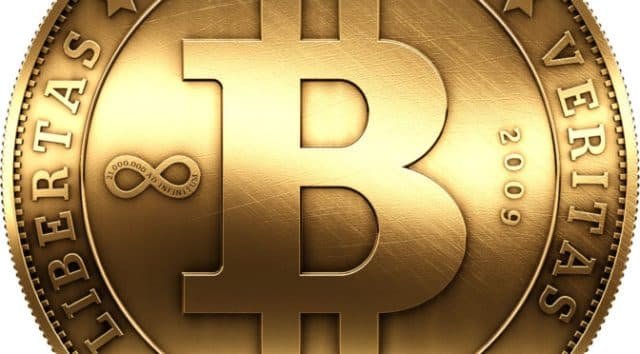Gold Silver Reports — Bitcoin Is the New Gold — I hate to say I told you so, but … well, I told you so. Bitcoin, 1 while still a popular financial asset, is looking less and less like a currency. Online payments company Stripe is ending Bitcoin support. It cites several reasons for doing so:
[Bitcoin] transaction confirmation times have risen substantially; this, in turn, has led to an increase in the failure rate of transactions. … By the time the transaction is confirmed, fluctuations in Bitcoin price mean that it’s for the “wrong” amount. … Furthermore, fees have risen a great deal … making Bitcoin transactions about as expensive as bank wires.
A steady trickle of companies is no longer accepting Bitcoin as payment for goods and services. Such transactions never became very widespread in the first place. Even a Bitcoin conference in Miami refused to accept Bitcoin for its attendance fees!
There are essentially three reasons Bitcoin isn’t working out as a currency — two technological, and one economic. Technologically, Bitcoin tends to be slow and laborious to use because it verifies transactions in small blocks. That problem isn’t particularly hard to overcome — just use bigger blocks, or use a form of temporary credit to ease the burden on the network. More ominously, Bitcoin relies on people known as miners to verify all transactions, and compensates them by creating new Bitcoins. But soon, this will stop, since the total number of Bitcoins is capped at 21 million — at that point, transaction fees will be needed to pay miners.
It’s very possible that all of these technological problems will be overcome, either by Bitcoin or by rival cryptocurrencies. Lots of smart people are working feverishly on solutions. But there’s also an economic reason why Bitcoin and other cryptocurrencies will never be useful as money. Things that are good financial investments don’t make good currencies, and vice versa.
In any reasonably efficient financial market, there’s a risk-reward trade-off. Things that make good long-term stores of value, like stocks and real estate, tend to fluctuate in value in the short term. Short-term volatility is bad for payments, especially if it takes time to confirm a transaction, as in Bitcoin’s case, because you don’t know how much you’re actually paying for things. The guy that bought a pizza for 10,000 bitcoins in 2010, or more than $100 million based on recent prices, certainly regrets it now! Similarly, if you got your paycheck in stock, or real estate, or Bitcoin, you wouldn’t even know at the beginning of each month if you’d be able to afford your rent, food and other necessities at the end of the month.
This is why most workers get paid in U.S. dollars, and why nobody buys groceries or pays rent with Apple shares. Instead, they use fiat money, like the dollar. Dollars are terrible long-term stores of value — they depreciate at the rate of inflation, about 2 percent a year. But since that rate is very steady, it’s predictable — you know how much you’re paying and getting paid.
So cryptocurrencies won’t be actual currencies, except for drug dealers and other people who can’t use normal forms of payment. But will they be good financial investments? Some won’t — some will be scams, and many will simply fall into disuse and be forgotten. But some may remain good investments, and even go up in price over many decades.
A similar phenomenon has already happened: gold. Legendary investor Warren Buffett once ridiculed gold for being an unproductive asset, but the price of the yellow metal has climbed over time:

